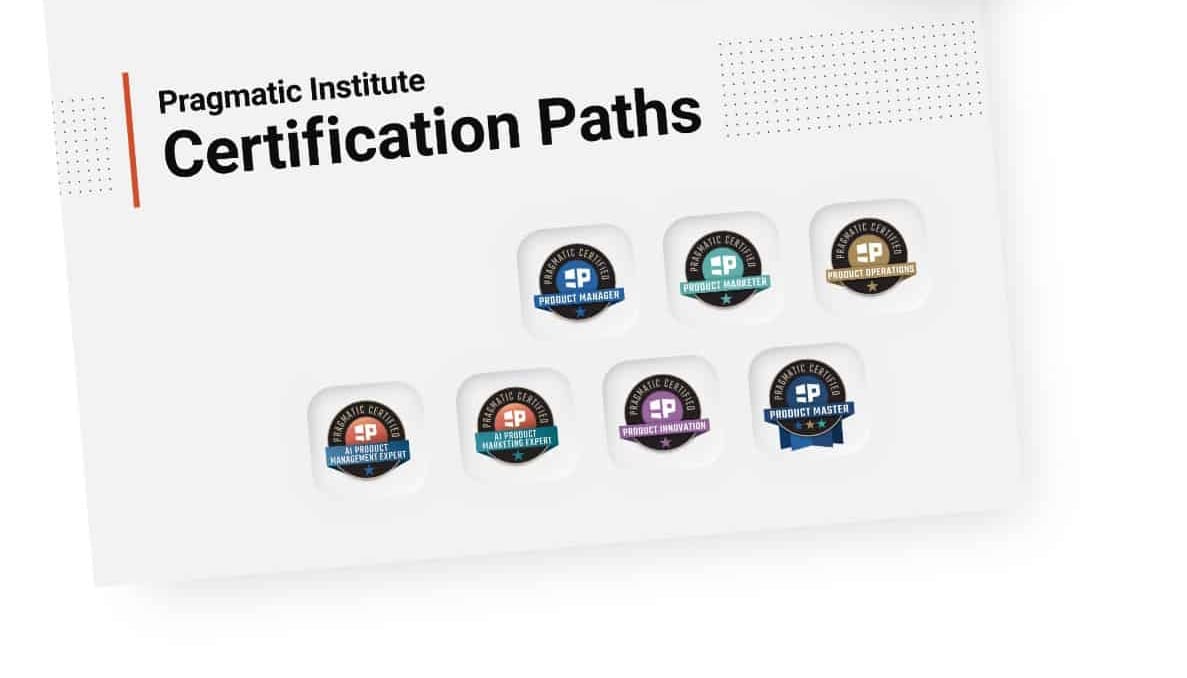One Certification That Appears in Multiple Job Listings

Certifications signal to employers that you meet specific standards in your field. When the same certification appears in multiple job postings, it's becoming a requirement rather than a preference.
Yesterday you reviewed job postings to identify common requirements. Today you're determining which certification, if any, appears frequently enough that getting it would improve your employability.
Go back to the five job postings you reviewed. Look specifically at the credentials mentioned in the requirements section. Not the nice-to-haves or preferences, but the actual certifications listed as requirements or strongly preferred qualifications.
You're looking for patterns:
If the same certification appears in three or more of the five postings, it's becoming standard in your field. Not having it will increasingly limit your options.
If a certification appears in one or two postings, it might be valuable for specific roles but isn't yet essential for the field overall.
If no certifications appear, your field may not rely heavily on formal credentials, or the postings you reviewed weren't representative.
Common certification patterns by field:
Technology roles increasingly require cloud certifications (AWS, Azure, Google Cloud), cybersecurity credentials (CompTIA Security+, CISSP), or project management certifications (PMP, Scrum Master).
Healthcare roles require specific licenses and certifications that vary by specialization but are strictly enforced.
Financial services often require Series licenses, CFA, CFP, or similar credentials depending on the specific role.
Human resources roles increasingly list SHRM-CP, PHR, or similar HR certifications as requirements.
Marketing and data roles may require Google Analytics, HubSpot, or specific platform certifications.
Education requires state-specific teaching licenses and often additional subject-matter certifications.
Legal services require bar admission and sometimes additional specialization certifications.
After identifying which certification appears most frequently, research three things:
Cost and time investment. Some certifications require courses costing thousands of dollars and months of study. Others can be earned through self-study and a few hundred dollars in exam fees. Know what you're committing to before deciding to pursue it.
Value in the market. A certification that appears in job postings matters, but research whether people in your field actually find it valuable. LinkedIn, professional forums, and industry groups can tell you whether the certification leads to better opportunities or is just a box employers check.
Whether your current employer will support it. Many companies offer professional development budgets that cover certification costs. Some will even provide study time during work hours if the certification benefits your current role.
If you identify a certification that meets these criteria:
- Appears in at least three of five job postings
- Costs less than $2,000 or is covered by your employer
- Takes less than six months to complete
- People in your field report it improved their opportunities
Then pursuing it makes sense as a way to improve your employability while you're still employed and have time to study.
If the most common certification is expensive, time-consuming, or of questionable value based on feedback from people in your field, you might need to look at other ways to demonstrate those skills. Sometimes employers list certifications as requirements when they actually care more about demonstrated ability.
The point isn't rushing to get certified in everything. The point is identifying whether there's one specific credential that's becoming necessary in your field and deciding whether to pursue it before you need it for your next job.
For fields where no certifications appear consistently, the focus shifts to demonstrated skills and portfolio work rather than formal credentials.
Document what you learned:
Which certification, if any, appears most frequently in job postings for your field?
What would it cost in time and money to earn that certification?
Based on feedback from people in your field, does it actually improve opportunities?
Will your current employer support you in getting it?
This information tells you whether pursuing a certification is a worthwhile investment of time and money, or whether your efforts are better spent on other ways to improve your marketability.
One certification identified. One decision made about whether it's worth pursuing. That's the outcome for today.




